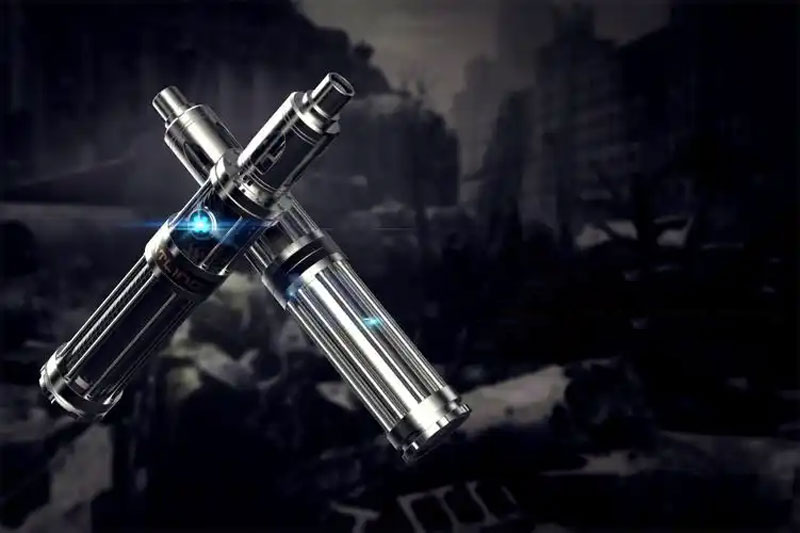
Understanding the Legal Landscape of Marion Juul E-Cigarette Litigation
In recent years, e-cigarettes have been at the center of numerous legal battles, with the Marion Juul e-cigarette lawsuit standing out as a significant case attracting attention. This lawsuit is one among many targeting Juul Labs, the prominent e-cigarette company Allegations suggest Juul Labs has contributed to public health issues, primarily targeting underage consumers with their marketing strategies. With a deep dive into this topic, we will unpack the legal intricacies and broader implications of this lawsuit.
The Marion Juul case echoes the rising turmoil within the tobacco industry as it grapples with evolving regulations and growing public scrutiny. The core of the lawsuit rests on claims that Juul Labs deliberately targeted adolescents—a violation that has provoked a fierce legal response. Stakeholders argue that sleek designs and enticing flavors appeal disproportionately to the youth demographic, bypassing traditional adult consumers. This critical concern has fueled litigation, urging legal systems to address these marketing tactics more stringently.

Impact and Repercussions of legislation
Legal actions such as the Marion Juul lawsuit have broad implications for regulatory frameworks that govern e-cigarettes. These lawsuits can prompt stricter guidelines and potentially redefine how products are marketed and sold. The potential for massive financial settlements could act as a deterrent, pushing companies towards more responsible marketing practices. In turn, this would shape future business strategies and consumer interactions.
One must question how effective these legal proceedings are in influencing legislation. While settlements and judgments could bring immediate change, sustainable reform requires a unified consensus among policymakers. Critics argue that isolated legal victories may not suffice without comprehensive reforms at legislative levels. Nonetheless, high-profile lawsuits remain key in sparking necessary debates and drawing public attention to regulatory gaps.
The Marion Juul e-cigarette lawsuit also raises questions about corporate social responsibility. As public health assumes greater precedence, companies must navigate the balance between profit and ethical accountability. Consumers today demand transparency and integrity, thereby propelling businesses to align themselves with societal values. Companies like Juul are thus pressured to innovate responsibly, ensuring their products don’t inadvertently harm their consumer bases.
Future Legal Challenges and Considerations
Looking forward, the landscape for e-cigarette litigation is likely to become increasingly complex. Cases such as the Marion Juul lawsuit serve as a benchmark for evaluating subsequent legal challenges. As additional states and individuals pursue legal action, the collective outcome of these cases could establish new precedents. It is essential for stakeholders to remain vigilant and informed about ongoing developments, as they could significantly influence market dynamics and consumer safety standards.
Lawmakers and regulators are urged to consider the unforeseen consequences of technological advancements in the tobacco industry. How will emerging alternative nicotine products fit within existing legal frameworks? These considerations play a crucial role as society navigates towards healthier public practices.
FAQ
What specifically is the Marion Juul e-cigarette lawsuit about?
The lawsuit involves allegations that Juul targeted youth through deceptive marketing tactics, failing to adequately warn about the potential health risks.
Why are these lawsuits significant?
They spotlight the need for regulatory reforms and highlight the growing expectation for companies to maintain social responsibility.

How might this lawsuit affect the e-cigarette industry?
If successful, it could lead to stricter marketing regulations, impacting how e-cigarette products are presented and sold in the marketplace.